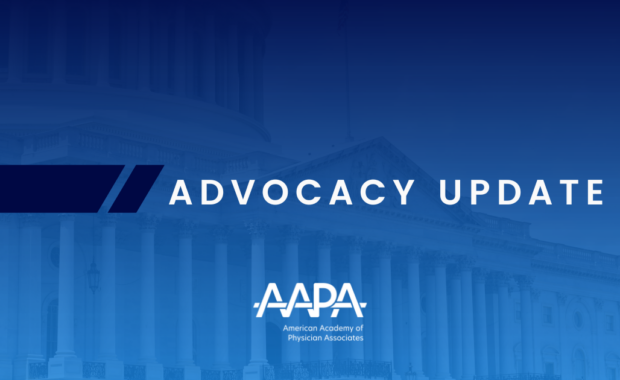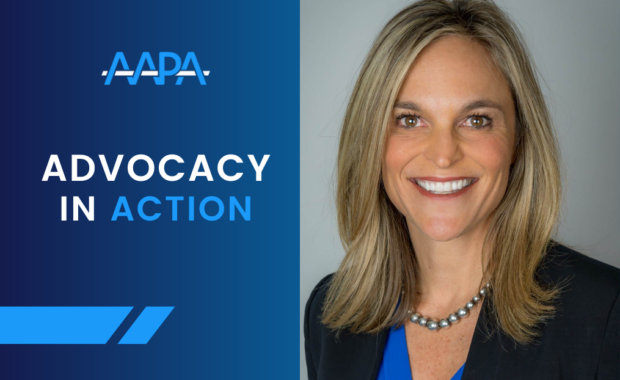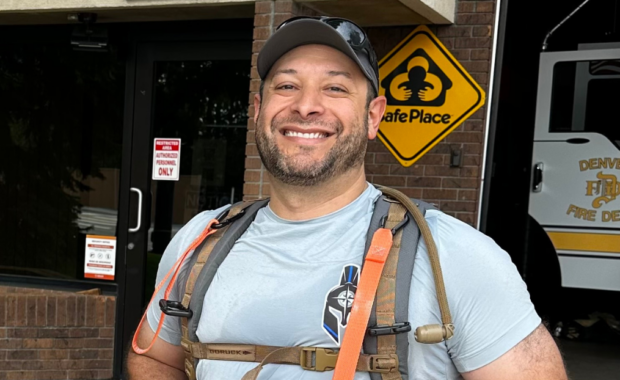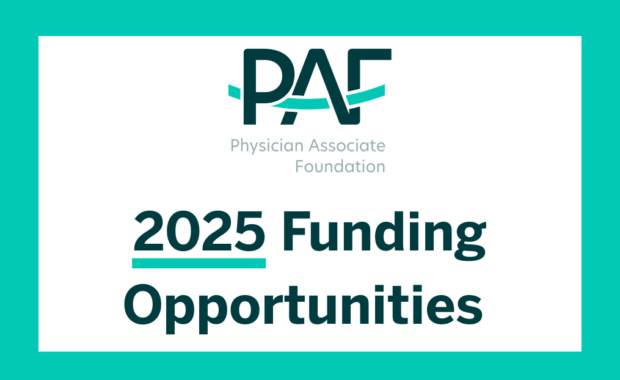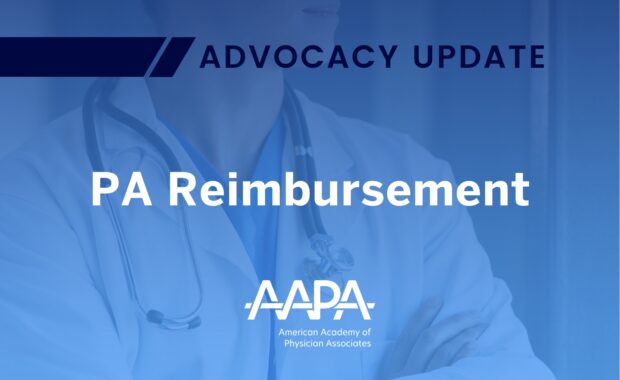Help Wanted: PAs Needed in the Opioid Epidemic Fight
This is the second of two articles from state chapters on how PAs are addressing the opioid crisis.
August 31, 2017
By Sandra Alexander, PA-C
You’ve seen it in the news, in your communities, and in your practices…the opioid epidemic. On July 22, 2016, President Obama signed the Comprehensive Addiction and Recovery Act (CARA) into law to increase access to providers for evidence-based treatment for opioid dependence including PAs and NPs. But as PAs are we doing our part?
- Are we providing non-narcotic therapies before trying prescription opioids for pain, using our state Controlled Substance Reporting System to help monitor our patients’ safety, and having the discussion with our patients to recognize the symptoms of physical dependence that can lead to full blown opioid dependence?
- Are we consulting with our medical peers on tapering opioid medications safely and effectively on an individualized patient basis when we see signs or symptoms that make it prudent to do so?
- Are we taking the next step to provide Naloxone to those using opioid prescriptions as a safety precaution, and offering Naloxone to patients and family members of those with identified opioid dependence?
On June 29, 2017, Governor Roy Cooper signed the Strengthen Opioid Misuse Prevention (STOP) Act of 2017 into law, aiming to reduce the supply of unused, misused and diverted prescription opioids in North Carolina, and the resulting patient harm and deaths associated with them.
If we aren’t in pain management clinics, how are we responding as PAs in the fight against the opioid epidemic? As of June 30, 2017, the Substance Abuse and Mental Health Services Administration, Center for Substance Abuse Treatment, reported nationally 496 PAs and 1,721 NPs have received their waiver for a DEA-X license to provide buprenorphine as an evidence-based treatment for opioid dependence. In North Carolina 34 PAs and 62 NPs have received their DEA-X license. Why so little participation by PAs?
In 2016 the U.S. Surgeon General reported only 10 percent of the 2.2 million Americans with an opioid use disorder have received treatment. On June 27, 2017, the Stat Forecast estimates 500,000 Americans may die from opioid misuse in the next decade. The need is apparent, but perhaps the process on how to proceed needs clarification.
The Providers’ Clinical Support System for Medication Assisted Treatment (PCSS-MAT) is a federally-funded coalition of major healthcare organizations that provide training, resources and mentoring at no cost to clinicians, and is now working in conjunction with AAPA to offer a FREE 24-hour MAT waiver course that allows PAs to treat opioid use disorder and increase the numbers of PAs in the fight against the opioid epidemic. Click here for PCSS-MAT’s information on MAT waiver training for PAs.
The American Society of Addiction Medicine (ASAM) formed a collaboration with AAPA and AANP to provide the 24-hour waiver training for physician assistants and nurse practitioners. The NP/PA 24-Hour Waiver Training is available for free through 2017 in part by an unrestricted educational grant from Indivior. Click here to take advantage of receiving your training from the author of the National Practice Guideline for the Use of Medications in the Treatment of Addiction Involving Opioid Use.
My patients have a daily fight against stigma to receive treatment for their disease. I serve all races, ethnicities, and classes of patients, with no difference to be found in their behavior in the waiting room if being treated for addiction or not. In my office, I find my buprenorphine patients are more appreciative of the accountability and service I provide along with being more compliant than any others. Consider adding yourself to the army against the opioid epidemic and join me in the fight!
AAPA is partnering with the American Society of Addiction Medicine (ASAM) and the American Association of Nurse Practitioners (AANP) to offer free online training courses that will allow PAs and NPs to prescribe buprenorphine for the treatment of opioid addiction.
Sandra Alexander, PA-C, is the 2016 recipient of The PA Foundation NIDA Mentored Outreach Award in Substance Use Disorders (SUD) Treatment Dissemination. She is an AAPA member, NCAPA member, NCAPA Health Committee member, Founder of RDU PA/NP psychiatry & addiction medicine group/web forum, Consultant for NC Physicians Health Program and Founder & Owner of Collegial Behavioral Health, PLLC in Raleigh, NC. Contact Sandra at [email protected].
This article was originally published Aug. 2, 2017, in The Pulse, the e-newsletter of the North Carolina Academy of PAs.
Thank you for reading AAPA’s News Central
You have 2 articles left this month. Create a free account to read more stories, or become a member for more access to exclusive benefits! Already have an account? Log in.
